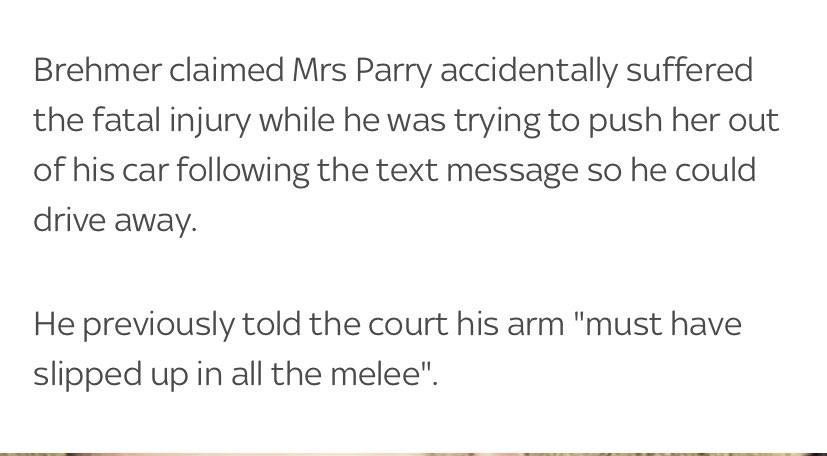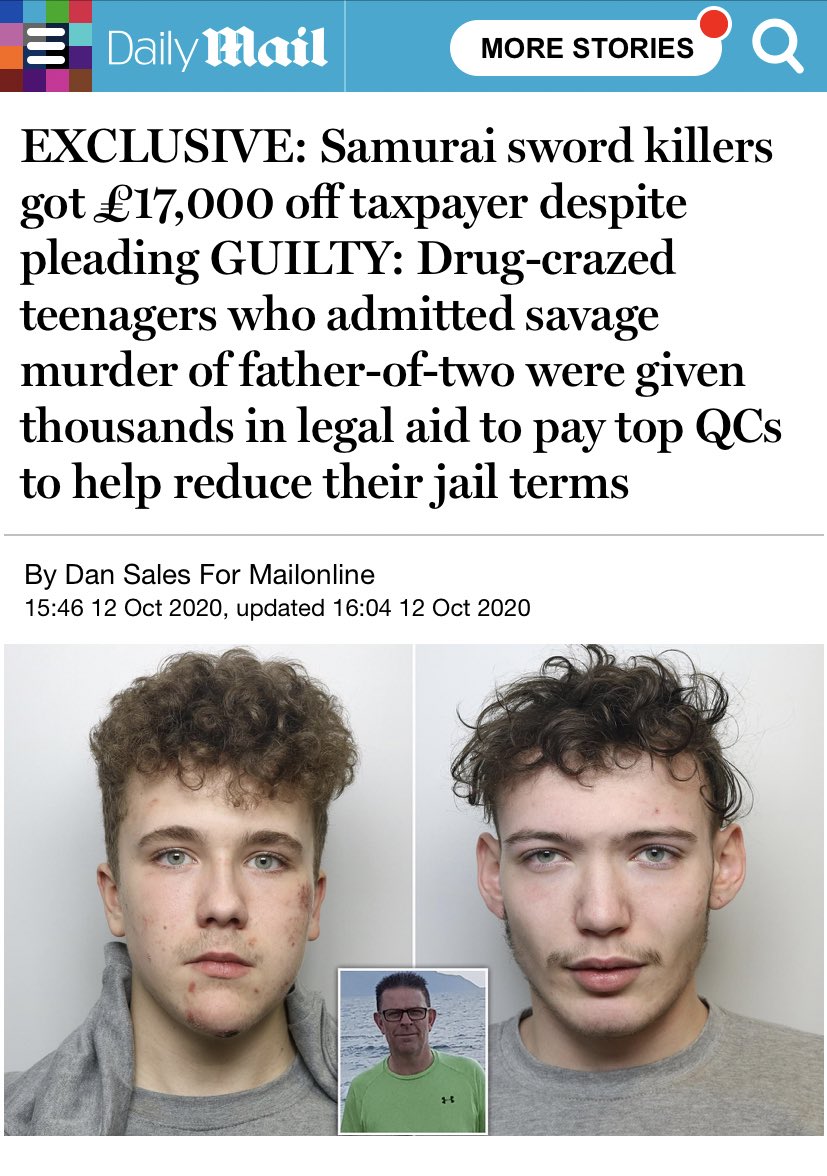
There are understandably strong feelings and a lot of questions about this verdict.
Not knowing the evidence, I can’t offer much insight, save to say that proving murder is a high threshold.
The jury have to be sure of an intention to kill or cause really serious harm. [1/3]
Not knowing the evidence, I can’t offer much insight, save to say that proving murder is a high threshold.
The jury have to be sure of an intention to kill or cause really serious harm. [1/3]
https://twitter.com/bbcnews/status/1321085753020026880
It means that if the jury think he might have intended to kill/cause really serious harm, he’s not guilty.
If the jury think he *probably* intended to kill/cause really serious harm, he is not guilty.
If the jury were *almost sure* he did, he would be not guilty. [2/3]
If the jury think he *probably* intended to kill/cause really serious harm, he is not guilty.
If the jury were *almost sure* he did, he would be not guilty. [2/3]
The burden and standard of proof is often misunderstood. It’s something I look at in depth in #FakeLaw.
Without having heard all the evidence, it is impossible to draw any conclusions about what the jury did or did not believe. Other than - they weren’t sure. [3/3]

Without having heard all the evidence, it is impossible to draw any conclusions about what the jury did or did not believe. Other than - they weren’t sure. [3/3]


(That’s not a comment on this particular verdict, as I hope is clear. I don’t know anywhere near enough about the case or the evidence to offer an informed opinion on whether the verdict was “right” or “wrong”.)
Final point (for now) as there are a lot of questions from people who haven’t read the article: In this case, the defendant pleaded guilty to manslaughter. He was only acquitted of murder. He will be sentenced for manslaughter (which carries a much lower sentence).
I’d recommend that anybody interested in finding out more about the evidence at trial read @jenrelyspeaking - a journalist who was present throughout and who can shed far more light than the perfunctory news reports being shared.
https://twitter.com/jenrelyspeaking/status/1321150542362693639
IMPORTANT UPDATE:
https://twitter.com/barristersecret/status/1321425591531425792
IMPORTANT FURTHER DETAIL:
https://twitter.com/BarristerSecret/status/1321425591531425792
• • •
Missing some Tweet in this thread? You can try to
force a refresh








